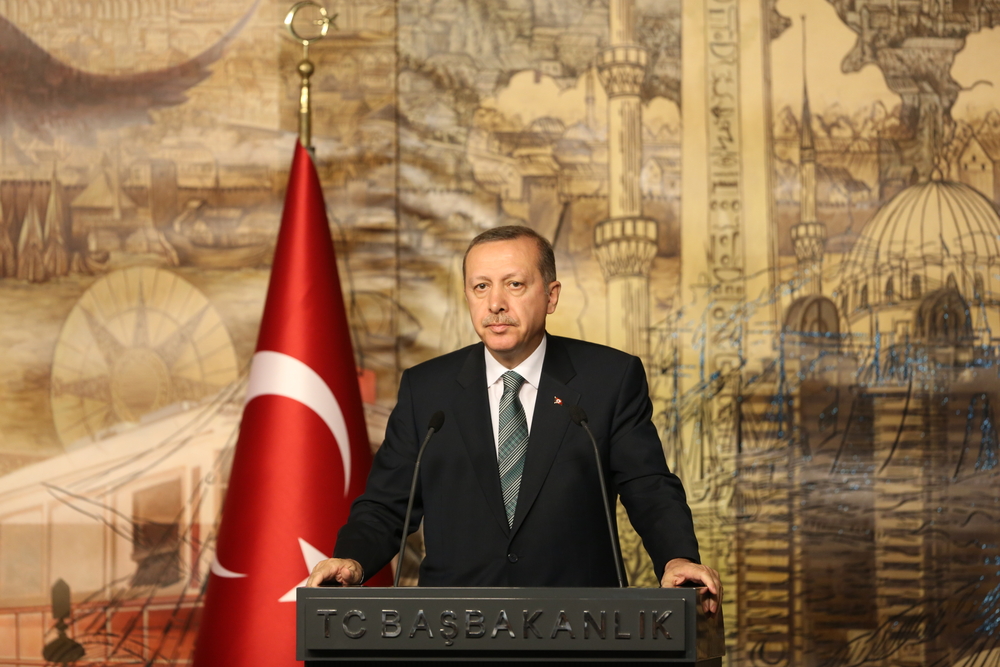Rice reviews scholarships for Palestinians
REYKJAVIK (Reuters) – Secretary of State Condoleezza Rice said on Friday she was reviewing a State Department decision to withdraw coveted U.S. scholarship grants to Palestinians in Gaza.
At a news conference on a visit to Iceland, Rice suggested she disapproved of the move cancelling the Fulbright scholarships to seven Palestinian students hoping to pursue advanced degrees at American institutions this fall.
"I can tell you it was a surprise to me," Rice said at a news conference with Iceland’s Foreign Minister Ingibjorg Gisladottir. "I am a huge supporter of Fulbrights."
Asked if she would reverse the decision, Rice said: "We’ll see what we can do."
The International Herald Tribune newspaper reported earlier that the State Department had withdrawn the Fulbrights from seven Palestinians because Israel had not granted permission for the students to leave Gaza.
The paper, the global edition of the New York Times, said the restrictions were in keeping with Israel’s policy of isolating Gaza, which is run by the militant group Hamas .
Fulbright grants are the U.S. flagship program in international educational exchange and are used to help promote a better understanding of U.S. values abroad.
But Israeli and Palestinian human rights groups say the withdrawal of the Fulbrights is emblematic of a much wider problem in which hundreds of Palestinian students have been prevented from leaving the Gaza strip to study abroad.
Palestinian groups said some 670 Palestinian students, including the seven who qualified for Fulbright grants, missed deadlines to attend programs at universities abroad because of Israel’s refusal to let them leave the Hamas-ruled territory.
Rice is expected to return to the Middle East next month as part of Bush administration efforts there to broker a peace deal between the Israelis and Palestinians.
FUTURE OF PALESTINE
She did not directly answer a question about how she would reassure Palestinians who see Washington’s Middle East policy as skewed towards Israel that the United States could be an even-handed mediator.
"We really have to be concerned about the future of Palestinians and the future of Palestine," Rice said. If young people there were not given horizons for their expectations, "then I don’t know that there would be any future for Palestine, or frankly …the people of that region who want to have decent lives," she said.
In Jerusalem, Stacy Barrios, a spokeswoman for the U.S. Consulate, said that since Hamas took control of Gaza in June 2007, the Israeli authorities had been extremely reluctant to issue permits for Palestinians to leave Gaza, even on exchange programs sponsored by the U.S. government.
"While some permits have been approved, many have not. In view of these difficulties, the State Department decided to redirect the Fullbright scholarships from Gazans this year in order to ensure that the exchange opportunities were not lost," she said.
She said the United States had not cancelled the exchange program for Gaza, and hoped more nominees will be able to secure exit permits in the future. "We urge the Israeli government to allow such individuals to exit and reenter Gaza."
Hadil Abujouwaik, a 23-year-old computer science student, told Reuters that the State Department this week notified her and six other students in Gaza that their Fulbright grants had been withdrawn.
Abujouwaik completed a first degree in computer science at al-Azhar University in the Gaza Strip and wanted to pursue a post-graduate degree in the same field at a university in the United States.
"I believe the U.S. has the power to help us by using its good relations with Israel. I wish conflicts would not be used to prevent students from pursuing their right for higher education," she told Reuters by phone from Gaza.
(additional reporting Nidal al-Mughrabi, Joseph Nasr and Adam Entous)














2008
1,320 views
views
0
comments